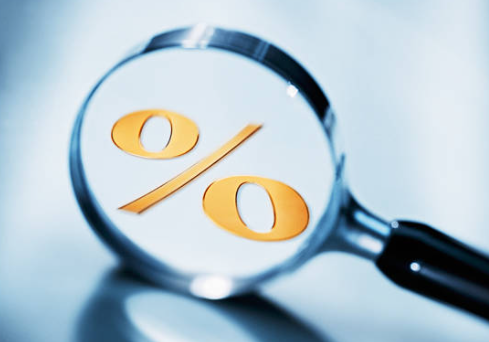Credit Card Interest Rate: What it is and How it is Charged?

Did you apply for a credit card and end up paying interest that you didn’t know existed? Don’t worry! In this article, I’m going to explain what an interest rate is and how it is charged.
The interest rate is the price given to the use of money. Confused? Again, it’s the amount you will have to pay for being granted credit, in this specific case a credit card.
Unfair? Actually, no, a credit is not your own money. But rather, it is money that a financial institution lends you so that you can use it in the way that suits you best.
When you sign the contract, for example, for your credit card, you will find the amount you were granted (credit line), the interest and other terms and conditions.
Types of interest rates
Now, to set an interest rate depends on many factors, such as the volatility of the financial markets. That is, how good or bad the world economy is.
There are several types of interest rates, however, these are the most important:
Fixed: This remains for the entire duration of the contract for the credit requested.
Variable: This type of interest is subject to changes in the interest rate. This can be beneficial or detrimental, depending on the financial circumstances in the world.
Mixed: In its first years the loan will maintain a fixed interest rate and later a variable one.
Remember that when you apply for a credit or loan, it is important that you determine what interest rate you will pay during the period of time that your debt with the bank or finance company will last.
But, you should also keep in mind that if you pay on time and keep your credit bureau score intact, you can access a preferential interest rate.
Too much information?
Take a breath, because there are two types of interest rates: simple and compound.
The first refers to the fact that it is a single amount for the entire loan. While the second is calculated according to the time for which the credit has been granted, whether it is annual, monthly, weekly or daily.
In order to calculate the interest rate it is necessary to know four important elements: the capital, which is, the amount of money borrowed, the type of interest rate chosen, the time for which the loan is made and what type it is.
Once you have these data it will be much easier to carry out a proper use of your finances.
Does credit history affect interest rates?
The answer is YES. Because as you already know, credit history is like a report card that reflects your credit behavior to financial institutions.
If you are punctual with your payments, have a good credit history and have healthy debts, it is very likely that banks and financial institutions will soon approach you to offer you loans with preferential interest rates.
The preferential interest rate is the one granted to the best clients, that is to say, the best payers: with these people the bank does not have the risk of losing its money.
Author Bio:
I am Nikesh Mehta, owner and writer of this site.

I’m an analytics and digital marketing professional and also love writing on finance and technology industry during my spare time. I’ve done online course in Financial Markets and Investment Strategy from Indian School of Business. I can be reached at [email protected] or LinkedIn profile.



